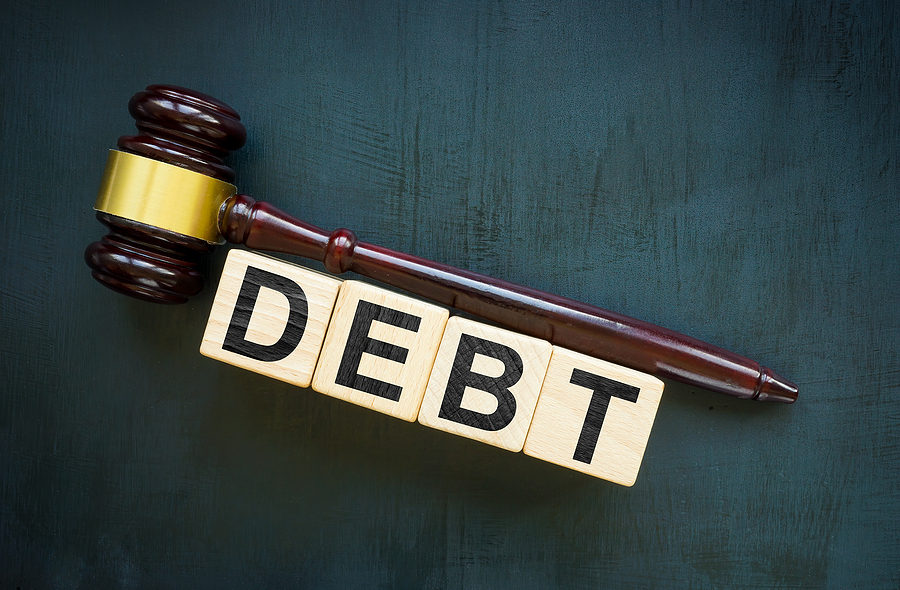Not all debts can be discharged in a consumer bankruptcy case under the U.S. Bankruptcy Code. These debts will remain with the consumer even at the successful close of the Chapter 7 bankruptcy case. While these debts may remain with the consumer, many of his or her other consumer debts will not. The goal is that with the discharge of other debts, the consumer will have extra money to be able to pay down these non-dischargeable debts.
For the most part, the consumer debts that are discharged include credit card debt, medical bills, past utility bills, personal loans and in some cases student loan debt. Many of these non-dischargeable debts cannot be eliminated due to public policy interests, such as child support.


